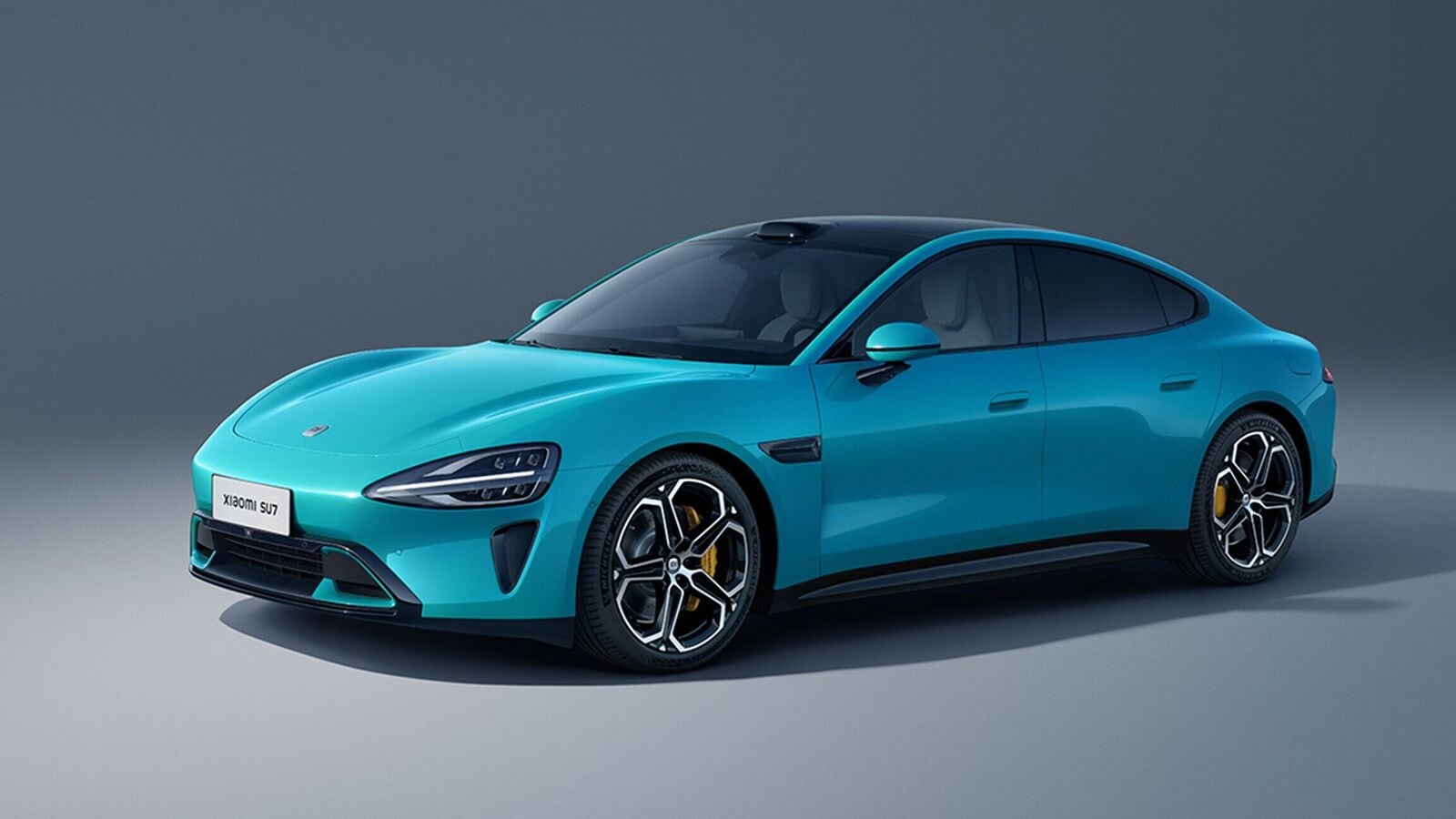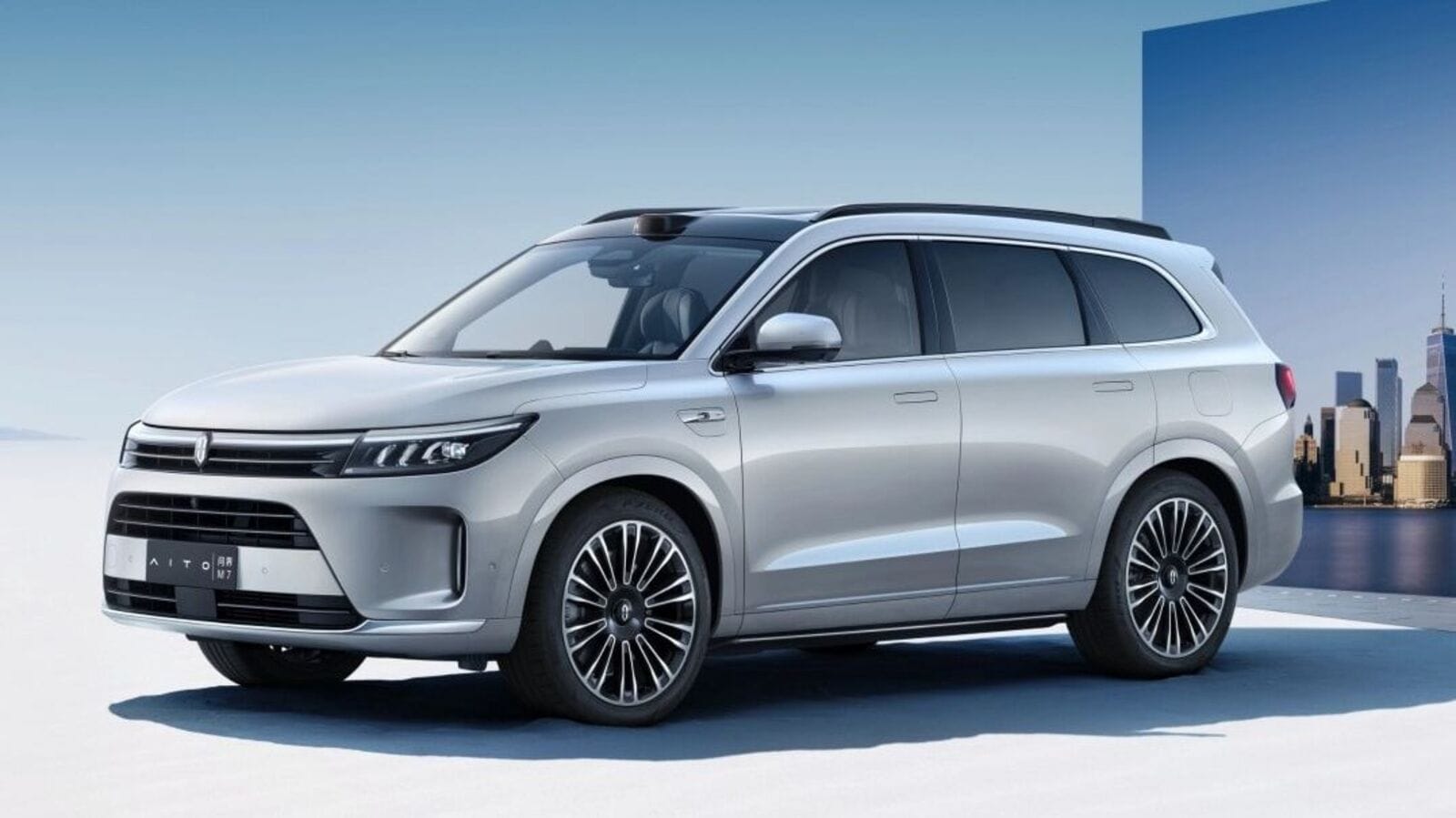Tech giants and their automobile dream
Table of Contents
In the last few years, from Sony to Huawei, Apple to Xiaomi; traditional technology giants have been making major headlines with their automotive vent
…
The automobile industry around the world is going through a rapid and multi-dimensional transformation over the last few years. With the advent of new technologies including connectivity, electric propulsion technology, autonomous driving etc, the industry is witnessing a lot of changes. One such change is the emergence of conventional technology companies as automakers.
In the industry’s massive shift to electric vehicles, legacy automakers and mobility startups are not the only ones trying their luck with vehicles powered by electric propulsion systems. Several global technology companies have been bringing their respective electric vehicles. In the last few years, from Sony to Huawei, Apple to Xiaomi – traditional technology giants have made major headlines with their automotive ventures.
The technology giants’ association with the mobility industry is nothing new. However, to date, the technology companies used to be suppliers for auto manufacturers. But, in the last couple of years, they have evolved drastically and to become new-age mobility companies as well as automobile manufacturers.
However, things have not been a cakewalk for these tech giants in their desired path in the automotive world. Here is the status report about the present scenario of these technology companies’ automotive projects.
Apple
Despite promising a lot through its Project Titan, Apple met little success and the project finally reached a make-or-break point recently due to rising costs and delays. This finally compelled the company to call off its fully autonomous electric car project after a decade since it started sometime in 2014, which was dubbed as one of the most ambitious projects in the history of the tech giant known for its products like iPhone, iPad and Macbook.
Xiaomi
While a tech company on the east side of the Pacific Ocean failed to materialise its dream of making an autonomous electric car, on the west side of the ocean, Chinese tech giant Xiaomi stunned the world with its first EV SU7. A suave all-electric sedan, the Xiaomi SU7 was showcased in the flesh at the Mobile World Congress 2024 in Barcelona. Xiaomi announced the development of the SU7 in 2023. It gets power from a 101 kWh battery pack capable of providing more than 800 kilometres of range on a single charge, significantly higher than the majority of EVs currently on sale.
Sony
Sony joined hands with Honda to make its dream of building an electric car true. Christened Afeela, the tech brand has already showcased a real prototype at the CES 2023. which will spawn the production model in 2026. Before being renamed Afeela, the electric sedan was previously christened Vision S. Sony has claimed that this upcoming EV will not only be a car but will act as a testbed for a wide range of futuristic advanced technologies including autonomous driving and other digital systems.
Huawei
Another Chinese tech giant Huawei too has shown its seriousness about smart electric cars. The company had set up an EV brand called Aito in 2021 in association with Seres Group. Under the Aito brand, already three electric cars have been launched: M5, M7 and M9; while a fourth model M8 is under development. Besides that, Huawei also rolled out two new vehicles in China, including its first electric sedan, the Luxeed S7, which is designed to take on Tesla models. Just a few weeks ago, Huawei set up a separate smart car unit, in another stride forward in the Chinese tech giant’s automotive ambitions.
First Published Date: 29 Feb 2024, 15:07 PM IST
Source link


